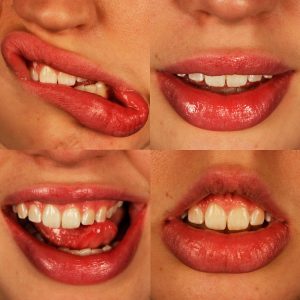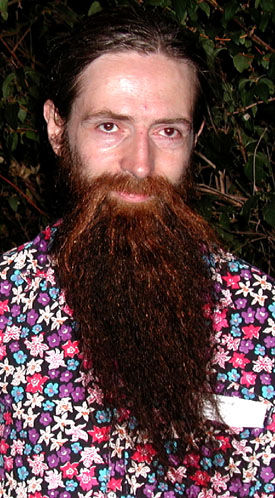Fish Oil Fights Gum Disease, Receding Gums
 It’s reportedly the second most common disease across the globe, yet the impact of periodontitis aka gum disease continues to fly under the radar of public consciousness.
It’s reportedly the second most common disease across the globe, yet the impact of periodontitis aka gum disease continues to fly under the radar of public consciousness.
A 2012 study from Centers for Disease Control and Prevention (CDC) found that 47.2 percent, or 64.7 million American adults have periodontitis, the more advanced form of periodontal disease. 8.7 percent had a mild case, 30 percent a moderate case, and 8.5 percent had severe periodontitis.
Although many are concerned with their teeth, they may not realize the looming threat is actually the condition of the gums, as periodontal disease is also the most common cause of tooth loss among adults.
Dieticians have long been encouraging North Americans to increase their weekly intake of fish for a healthier heart, however another key benefit is often ignored. Namely, omega-3 fatty acids found in fish have the unique ability to improve the health of your gums.
Those consistently taking fish oil have noted their formerly red, inflamed gums are now pink, healthy and no longer prone to bleeding.

 A good CoQ10 supplement is a mainstay of any anti-aging regimen. It’s usually touted for its positive effects on heart health, but in actuality CoQ10 is useful throughout the body on a cellular level. It is vital in the creation of ATP (adenosine-5-triphosphate). ATP is the main source of energy for cells. Biological processes we take for granted are possible because of it.
A good CoQ10 supplement is a mainstay of any anti-aging regimen. It’s usually touted for its positive effects on heart health, but in actuality CoQ10 is useful throughout the body on a cellular level. It is vital in the creation of ATP (adenosine-5-triphosphate). ATP is the main source of energy for cells. Biological processes we take for granted are possible because of it. Aubrey de Grey has become the leading prophet of the radical life extension movement. To adherents, he has become a messiah figure as well; the long Jesus-like beard serves him well.
Aubrey de Grey has become the leading prophet of the radical life extension movement. To adherents, he has become a messiah figure as well; the long Jesus-like beard serves him well. Futurist and anti-aging writer Ray Kurzweil gobbles down 250 supplements per day. To us normal folk such measures seem excessive given the limited power of such interventions. At the other extreme, contemporaries like Aubrey de Grey see little value in supplements.
Futurist and anti-aging writer Ray Kurzweil gobbles down 250 supplements per day. To us normal folk such measures seem excessive given the limited power of such interventions. At the other extreme, contemporaries like Aubrey de Grey see little value in supplements.